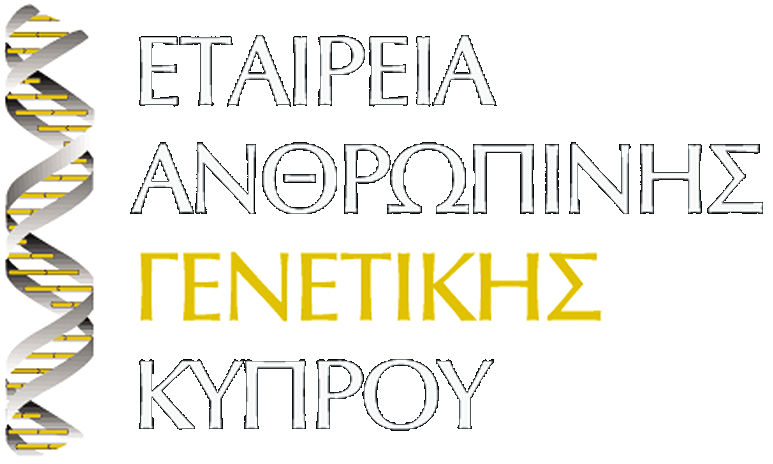Abstract
Early-onset neurodevelopmental conditions (e.g., autism) affect males more frequently than females. Androgens may play a role in this male-bias by sex-differentially impacting early prenatal brain development, particularly neural circuits that later develop specialized roles in social cognition. Here, we find that increasing prenatal testosterone in humans is associated with later reduction of functional connectivity between social brain default mode (DMN) subsystems in adolescent males, but has no effect in females. Since testosterone can work directly via the androgen receptor (AR) or indirectly via the estrogen receptor through aromatase conversion to estradiol, we further examined how a potent non-aromatizable androgen, dihydrotestosterone (DHT), acts via the AR to influence gene expression in human neural stem cells (hNSC)-particularly for genes of high-relevance for DMN circuitry. DHT dysregulates a number of genes enriched for syndromic causes of autism and intellectual disability and for genes that in later development are expressed in anatomical patterns that highly correspond to the cortical midline DMN subsystem. DMN-related and DHT-affected genes (e.g., MEF2C) are involved in a number of synaptic processes, many of which impact excitation-inhibition balance. Androgens have male-specific prenatal influence over social brain circuitry in humans and may be relevant towards explaining some component of male-bias in early-onset neurodevelopmental conditions.

